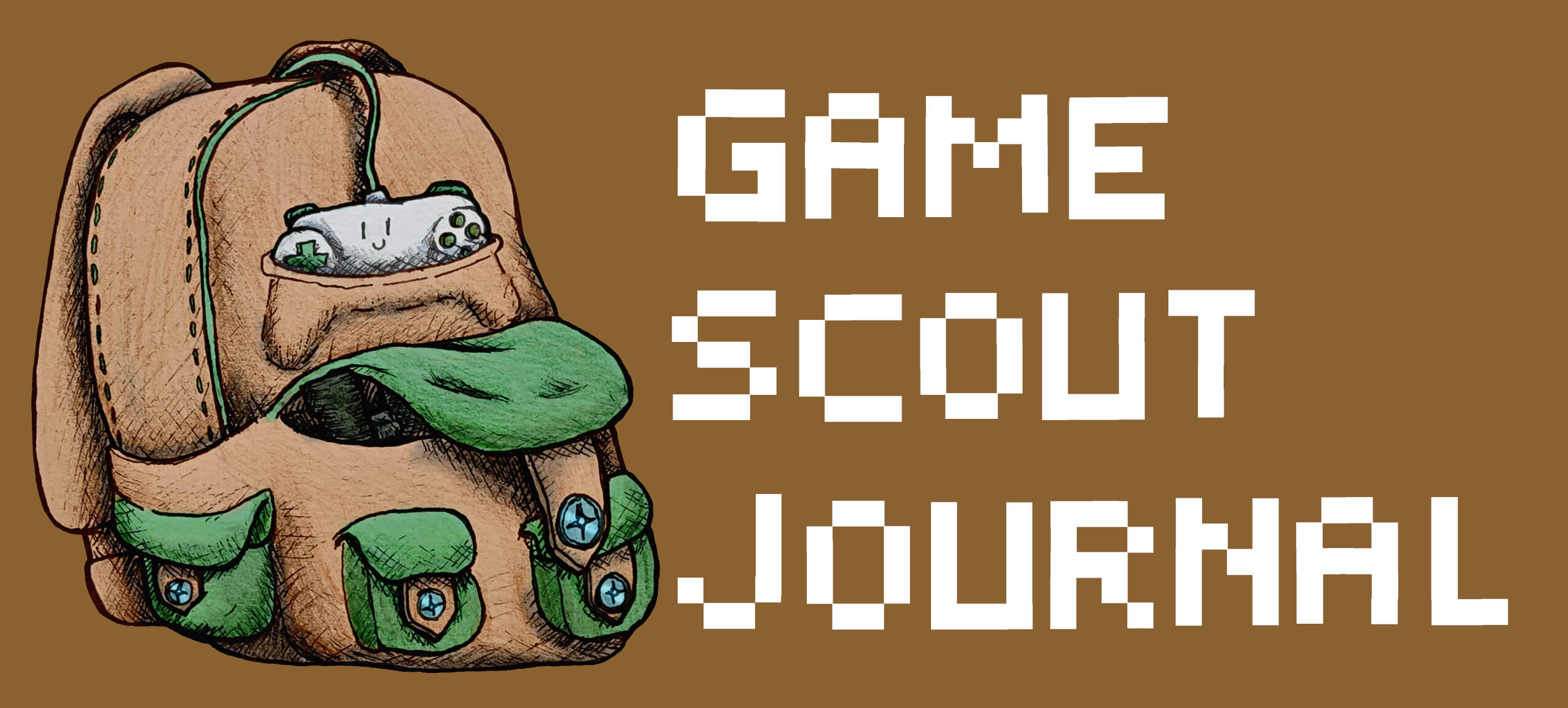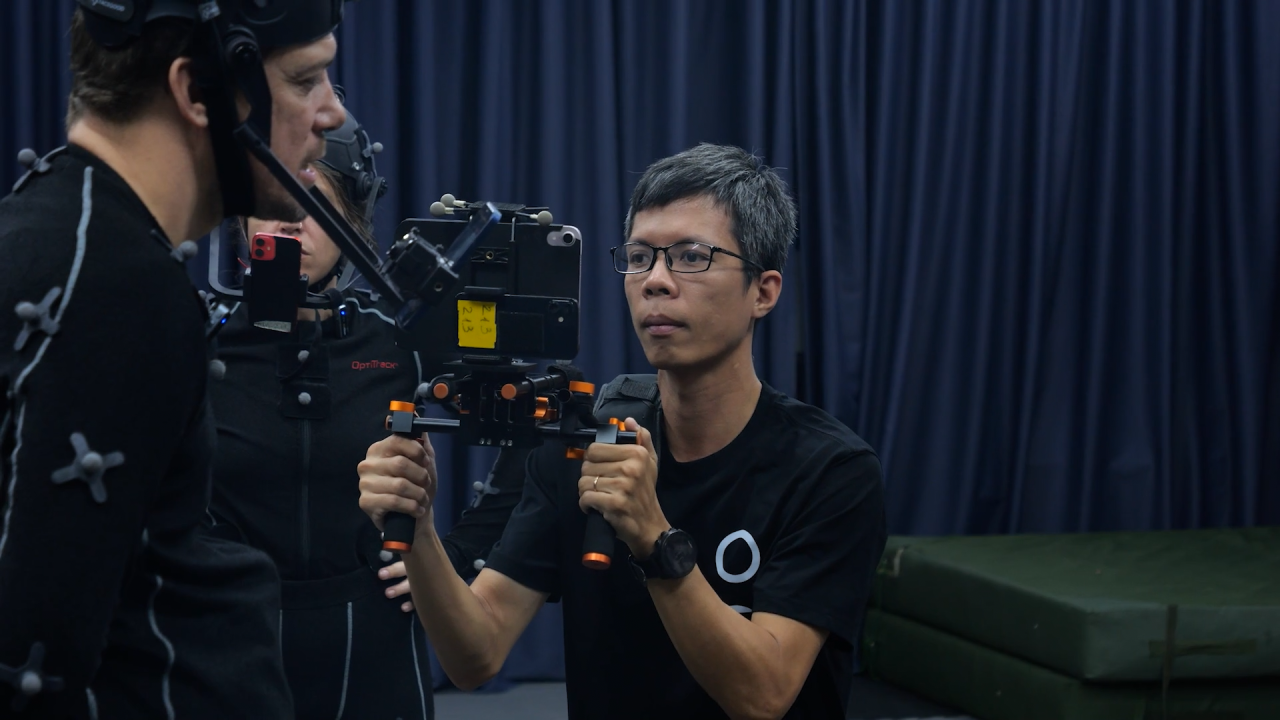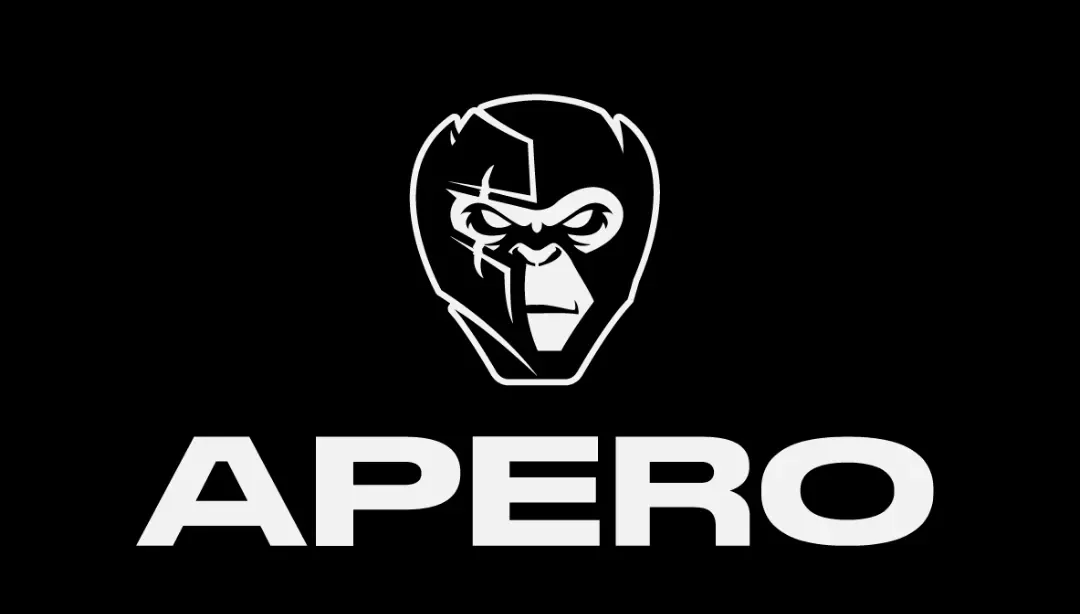To The Moon Expo will open at Birmingham’s NEC on November 12–13, 2025. For the organisers, it is the beginning of a long-term vision. One shaped by unusual origins, and by a strong response to how the games industry’s events are currently being run.
Before we made it To The Moon, we started here…
Monty, one of the founders, graduated in 2020 with a degree in music and events. His first steps into games came without planning. “We had one too many rums one night, thought we were funny and started streaming Warzone,” he recalls. He and co-founder Robbie did not expect much, but their streams found an audience. That soon led them into a competitive Call of Duty team, and esports became their entry point into the wider industry.
Monty later met business partner Cass Freeman. Together, they launched a PR and marketing firm. Their early work included collaboration with game studios, where they often found themselves managing as much as a third of the annual marketing budget for expos. That experience revealed the scale of spending associated with these events, inside information that spurred a kind of sickened inspiration in the team.
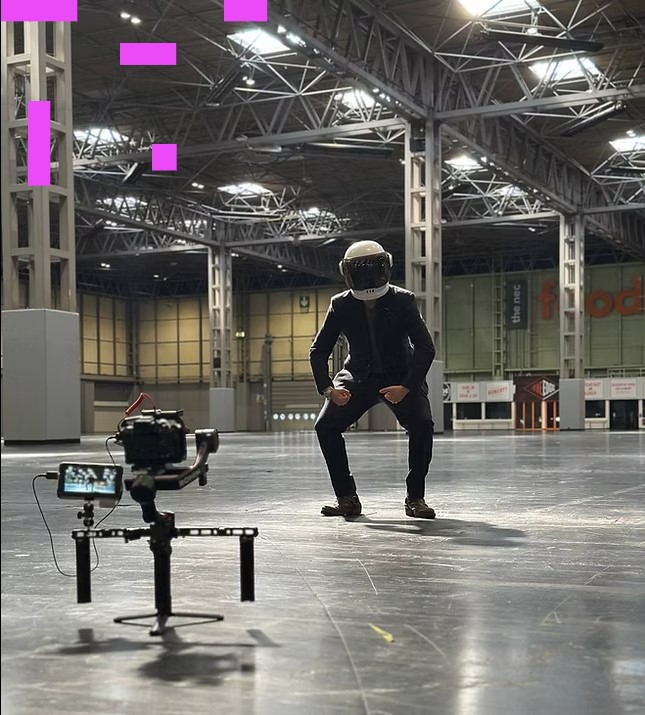
That sickened kind of inspiration…
Monty recalls seeing quotes of £21,000 to £24,000 for coffee machines in exhibition stalls. He also points to advertising rates, such as €185,000 for a 30-second placement, as signs that costs had grown detached from practical value. For him, the effect was to push smaller studios and independent innovators out of reach of meaningful opportunities.
Ticket prices also raised questions. Major conferences often charge close to $800 for entry. Combined with what he describes as “merch malls,” where visitors primarily pay to navigate aisles of consumer products, many expos began to feel more like marketplaces than gatherings of creative work.
Monty describes withdrawing into “hermit mode” for six months before returning with a clear plan: an event that would shake things up.
Designing something ‘out of this world’
Enter To The Moon Expo. It will host 15,000 attendees and more than 150 exhibitors, featuring a dedicated esports arena.
“Less stalls, more games,” Monty says. The organisers do not aim to maximise floor sales but rather to focus on curated play experiences and structured educational or networking opportunities. Even the merchandise plan follows this principle. Rather than mass-produced promotional goods, the event will feature handcrafted, sustainably sourced vendors chosen for their quality and meaning.
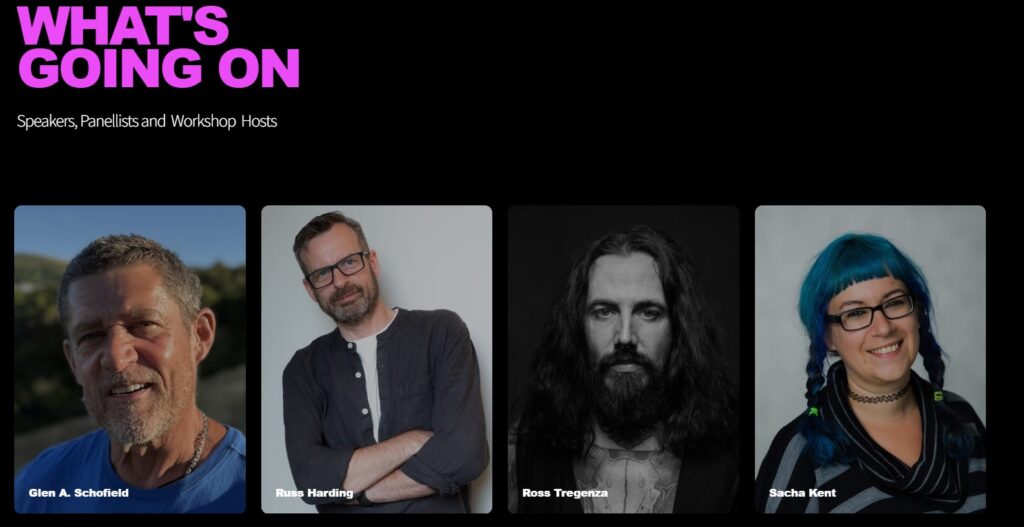
Programming
Workshops will replace long autograph lines. Voice actors and industry professionals will cover practical subjects. The organisers have also worked to keep meet-and-greet prices affordable, so that younger players and students are not priced out of access to role models.
Esports, which was not the original focus, has grown rapidly within the event. The team describes it as an unexpected “massive uptick” that has added new energy. To The Moon has partnered with the College of Esports to create shadow placements across the entire production crew, giving students direct experience working on events. Competitive programming includes a 14-day online League of Legends qualifier, with semifinals and finals staged at the NEC in November.
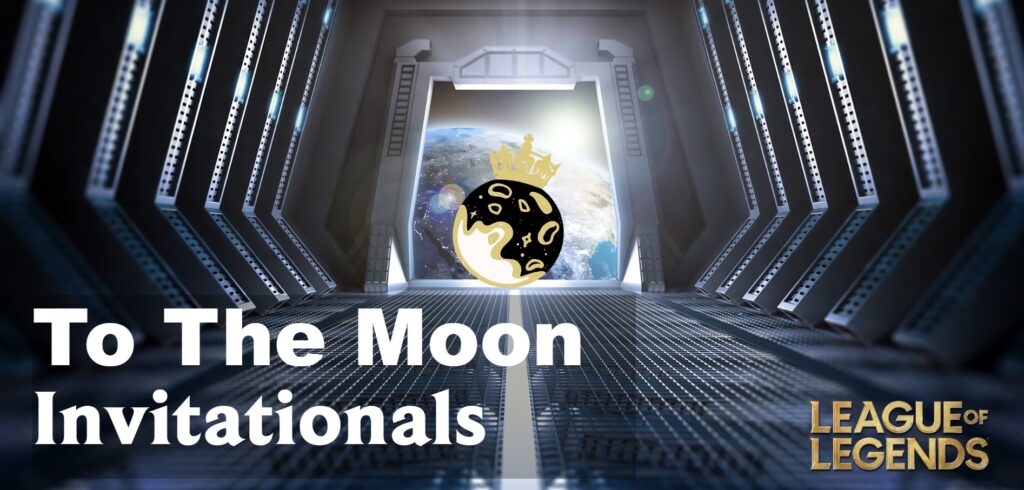
The programme also features a university game jam with eight UK institutions. Teams will pitch projects in a “Dragon’s Den” format, with publishing opportunities offered to winners in place of token prize budgets.
Additional activations include a small LAN zone and safe spaces designed for neurodiverse players, in collaboration with Safe in Our World, as additional accessibility is prioritised.
The model has drawn recognition from established figures. Glenn Schofield, known for Dead Space and Call of Duty, will judge the game jam. He has strongly supported the Expo, which Monty describes as a significant moment of validation. International interest has also grown, with attendees planning to travel from as far as Texas and Australia.
Future Plans
The organisers have outlined a five-year plan, not just for this single event, but for what they call an ecosystem to support talent in the UK and abroad. They project attendance of 50,000 by 2030 and as many as 100,000 by 2035. They also intend to work with charities such as the Children’s Trust, introducing gaming into recovery programmes under the theme of “gamifying recovery.”
The full agenda will be announced in October. The organisers note that in the competitive events landscape, it is common for line-ups to be kept private until late, but they intend to share details openly once confirmed.
Tickets are priced at £74.02, with options for single-day or full-event access. Attendees under 13 must be accompanied by an adult, and only service animals will be permitted. The organisers emphasise a safe and welcoming environment, with a zero-tolerance approach to disruptive behaviour.
The Game Scout Journal take, do we need to go To The Moon?
The coming November will test whether the UK games community is ready for a new event model. On paper To The Moon has been designed to reduce barriers, place education alongside entertainment, and treat participants as more than consumers. If successful, it may provide a lasting example of how games expos worldwide can better serve both industry and community.
After consecutive years of mass layoffs and industry gloom. Does the UK games industry need an event like this?
Sure. And I’d like to think that many people deserve it.
If TTM delivers, then not even the sky’s the limit, and we here at Game Scout Journal are sending them all our good faith that November’s event will take them through the stratosphere.
See also:
